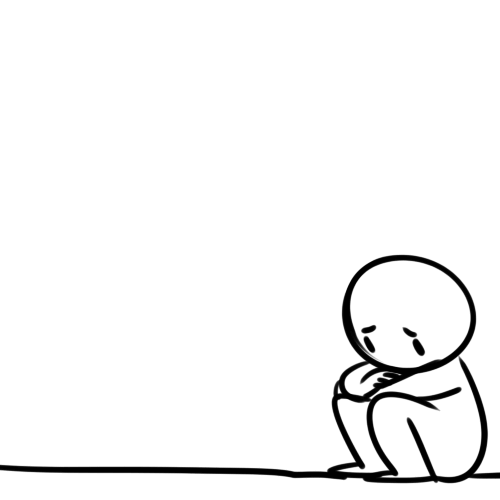
The Anti-Bullying Alliance and its members have an agreed shared definition of bullying based on research from across the world over the last 30 years. Our definition of bullying
What is bullying behaviour?
It is the repetitive, intentional hurting of one person or group by another person or group, where the relationship involves an imbalance of power.
Bullying is not 'falling out with a friend' because children don't 'plan' to fall out with their friends, it's accidental and the situation is of equal power as both contribute to the argument.
Bullying is one-sided as it happens to the person, so the person doing the bullying gets a feeling of power.
There are four main types of bullying behaviour, here is a list with some examples (it is worth noting that there are many examples in each category)
-
Verbal Bullying- using your voice to say unkind words eg call names, spreading rumours
-
Physical Bullying- using your body to hurt another deliberately e.g. hitting, pushing, spitting, pinching
-
Indirect Bullying- emotional harm e.g. leaving someone out, ignoring, talking behind someone's back, ganging up
-
Cyber or Online Bullying- being unkind using electronic devices. e.g. spreading rumours , threatening or saying hurtful things on social media
Parents and carers are asked to:
• Work with school staff and make us aware of any issues as soon as they arise.
• Monitor students social media activity to ensure they are safe online and are not being bullied or using social media inappropriately
• Allow school staff the opportunity to investigate incidents first and not take matters into their own hands.
• Inform school if they intend to report incidents of bullying to the police.
